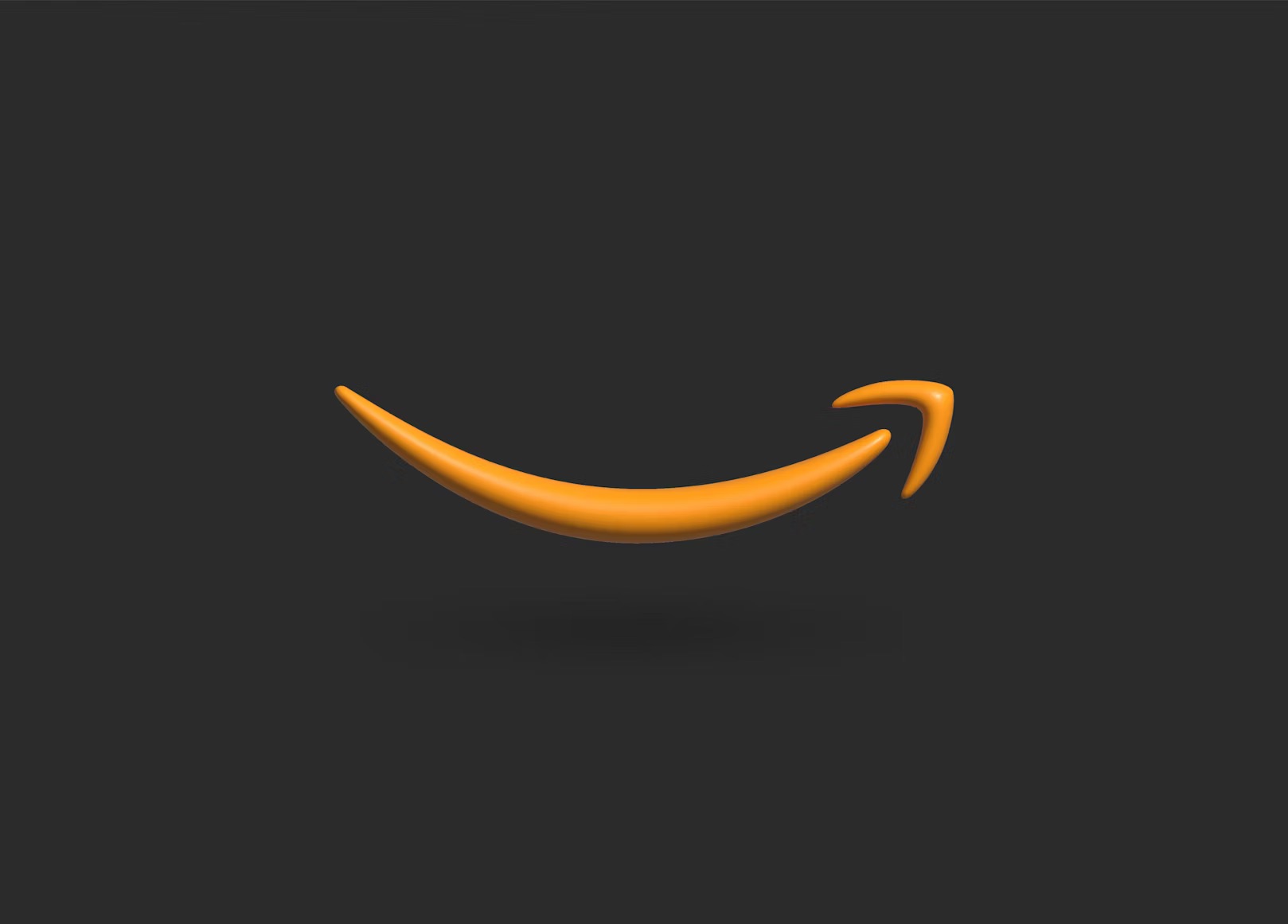
Amazon announced on Wednesday that it is debuting in-office prescription dispensing machines, known as Amazon Pharmacy Kiosks, within its One Medical clinics. These new self-service units, operated by Amazon Pharmacy, will allow patients to pick up their prescriptions immediately following their doctor’s appointment.
Immediate Pickup and Inventory
The Amazon Pharmacy Kiosks will become available at One Medical locations in the Los Angeles area starting in December, with Amazon planning to expand the service to more locations soon after. The process is designed for speed: after a provider writes a prescription, patients can opt to have it sent to Amazon Pharmacy for in-office kiosk pickup. Patients then use the Amazon app to check out, and the medications are typically “ready in minutes,” according to the company.
The kiosks stock a curated inventory of commonly prescribed medications, including antibiotics, inhalers, and blood pressure medications. Inventory for each kiosk is customized based on the prescribing patterns of the specific office location. The company noted that controlled substances and medications requiring refrigeration will not be available through the kiosks due to safety and regulatory restrictions.
The entire transaction is managed via the Amazon app, allowing patients to see upfront costs, including any available discounts and estimated insurance copays. Crucially, patients will still be able to connect to a licensed pharmacist via video or phone consultation if they have any questions. Hannah McClellan, vice president of operations at Amazon Pharmacy, explained the motivation behind the move in a press release: “We know that when patients have to make an extra trip to the pharmacy after seeing their doctor, many prescriptions never get filled.” She added that by bringing the pharmacy directly to the point of care, Amazon is removing a critical barrier.
Deepening Disruption to Traditional Pharmacies
The launch of these kiosks represents a further escalation of Amazon’s presence in the healthcare sector and poses a growing threat to traditional brick-and-mortar pharmacy businesses, which are already struggling. Rite Aid recently closed all of its remaining stores, CVS has closed more than 1,000 stores since 2021, and Walgreens has closed 500 stores over the past year. Amazon’s expansion into healthcare began in 2018 with the $750 million purchase of online pharmacy PillPack, followed by the launch of Amazon Pharmacy in 2020. Two years later, the company acquired the primary care provider One Medical, setting the stage for this latest move to integrate medication access directly into the clinic setting.
What The Author Thinks
Amazon’s integration of prescription vending machines directly into One Medical clinics is a brilliant strategic move that transforms the highly inefficient process of getting a prescription filled. The firm correctly understands that the primary barrier to medication adherence is friction (the extra trip to a pharmacy), not just cost. By collapsing the clinical visit and medication pickup into a single, seamless interaction, Amazon is leveraging its vertical control of the healthcare loop to create unparalleled convenience. This model is a direct, existential threat to traditional pharmacy chains, forcing them to compete not just on price, but on a level of automated speed and integration they cannot currently match.
Featured image credit: Abid Shah via Unsplash
For more stories like it, click the +Follow button at the top of this page to follow us.
